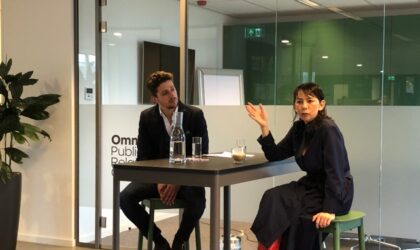Imagine, your company is under fire. Soon the societal debate takes control of the conversation, while the reality is more nuanced. Everything about your organization suddenly appears to be wrong according to public opinion, politicians, media and other important stakeholders. Therefore, you gather a communications crisis team to formulate an appropriate strategy and ensure that your side of the story is told and, in doing so, limit the greatest potential damage. And? It worked, your story is told, and the fire goes out. At least for now, because how do you move forward from here? How do you ensure that you remain resilient while becoming increasingly involved in the social debate? How do you prevent such situations from happening to you (again)?


